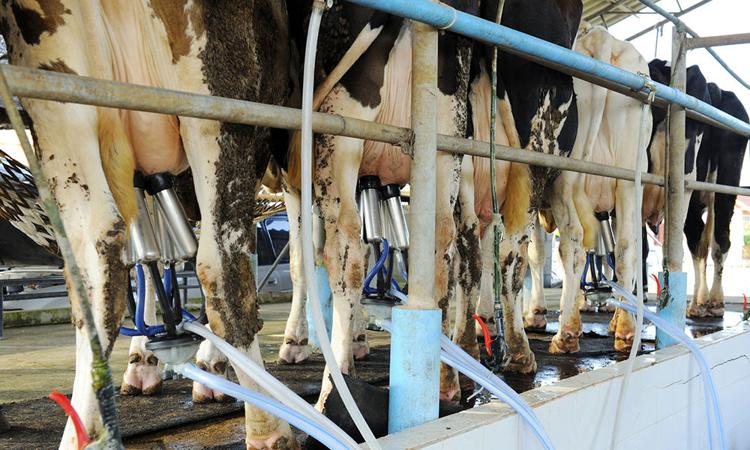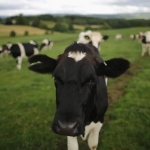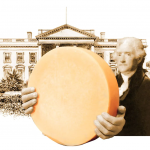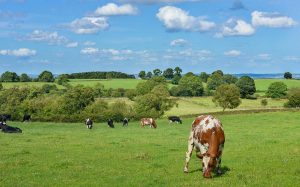
“We make every effort to treat our animals properly. I just can’t emphasize enough how important that is to us,” said Linda Hanson, a veteran Goodrich, Minn., dairy producer who helps to operate her family dairy farm.
Gerald Stokka, North Dakota State University Extension veterinarian and livestock stewardship specialist and a rancher himself, also said the video didn’t accurately reflect the industry. And he had this advice for anyone involved in production ag who’s asked about the video:
“Answer from the heart. Tell them we absolutely do not tolerate this type of behavior,” he said.
‘Vanguard’ agency
The controversial video, released by the Miami-based Animal Recovery Mission, shows workers abusing young calves at Fair Oaks Farms in Fair Oaks, Ind. The operation is about 70 miles south of Chicago and is said to be a popular agritourism destination.
Three former Fair Oaks Farms workers were charged with animal abuse, and at least one was taken into custody.
On its website, Animal Recovery Mission refers to itself as “a vanguard investigative animal welfare agency” that exposes abuse against animals. The organization said it embedded an undercover investigator at Fair Oaks Farms to obtain the video.
Later, a witness came forward to claim that the Animal Recovery Mission employee encouraged or coerced dairy workers to do what they did, according to published reports.
The video has drawn considerable attention both in and out of ag circles. There are reports that ag groups and officials are being asked about it at public events.
Some grocery and convenience store chains have pulled Fair Oaks products, including Fairlife milk. And Fairlife is being sued for fraud by a California man, a Fairlife customer who accused the company of false advertising.
The founder of Fair Oaks Farms, Dr. Mike McCloskey, released a lengthy statement on Facebook that said, in part, he was “disgusted by” actions seen in the video, “as it goes against everything that we stand for in regards to responsible cow care and comfort.”
“The employees featured in the video exercised a complete and total disregard for the documented training that all employees go through to ensure the comfort, safety and well-being of our animals,” McCloskey — who identified himself as a veterinarian — said in the statement.
McCloskey also released a video of his own on Youtube titled “Dr. Mike McCloskey Video Response.”
More ag reaction
NDSU’s Stokka said that though he’s not familiar with all the details of the undercover video, Fair Oaks Farms has the reputation of being friendly to consumers and open to public tours. He stressed that the workers who violated company policy were fired as soon as their actions were made public.
Unfortunately, the actions of a handful of workers can unjustly tarnish the reputation and public standing of production livestock, he said.
“Over all of the moral/ethical issues surrounding animal agriculture, the one that is most damaging is the abuse of animals,” he said, adding that “99.9% of those involved with animal agriculture would be devastated to ever be accused of animal abuse.”
That message might be difficult to convey to the public after what happened at Fair Oaks Farms, but the effort needs to be made, he said.
“Tell them (the public) that we despise animal abuse. Tell them we will not tolerate it,” Stokka said.
Hanson, the Minnesota dairy producer, hasn’t watched the video and doesn’t plan to. But she said no business, regardless of its diligence in hiring and training, can guarantee proper behavior by all its workers.
She’s also concerned that people outside agriculture might not always recognize whether an animal has been treated correctly. For instance, a healthy, happy, properly fed cow that’s on the thin side could appear undernourished to some in the general public, Hanson said.
Through the years, she and other family members have had a number of discussions with the public, at the Minnesota State Fair and elsewhere, about the dairy industry.
Some members of the public have been “open to honest discussions. They want to learn more. And some of the people have made up their minds. There’s nothing we can say (to influence their thinking), and that can be discouraging,” Hanson said.
“But we have to keep trying to communicate that we’re always working to treat our animals properly,” she said.






















